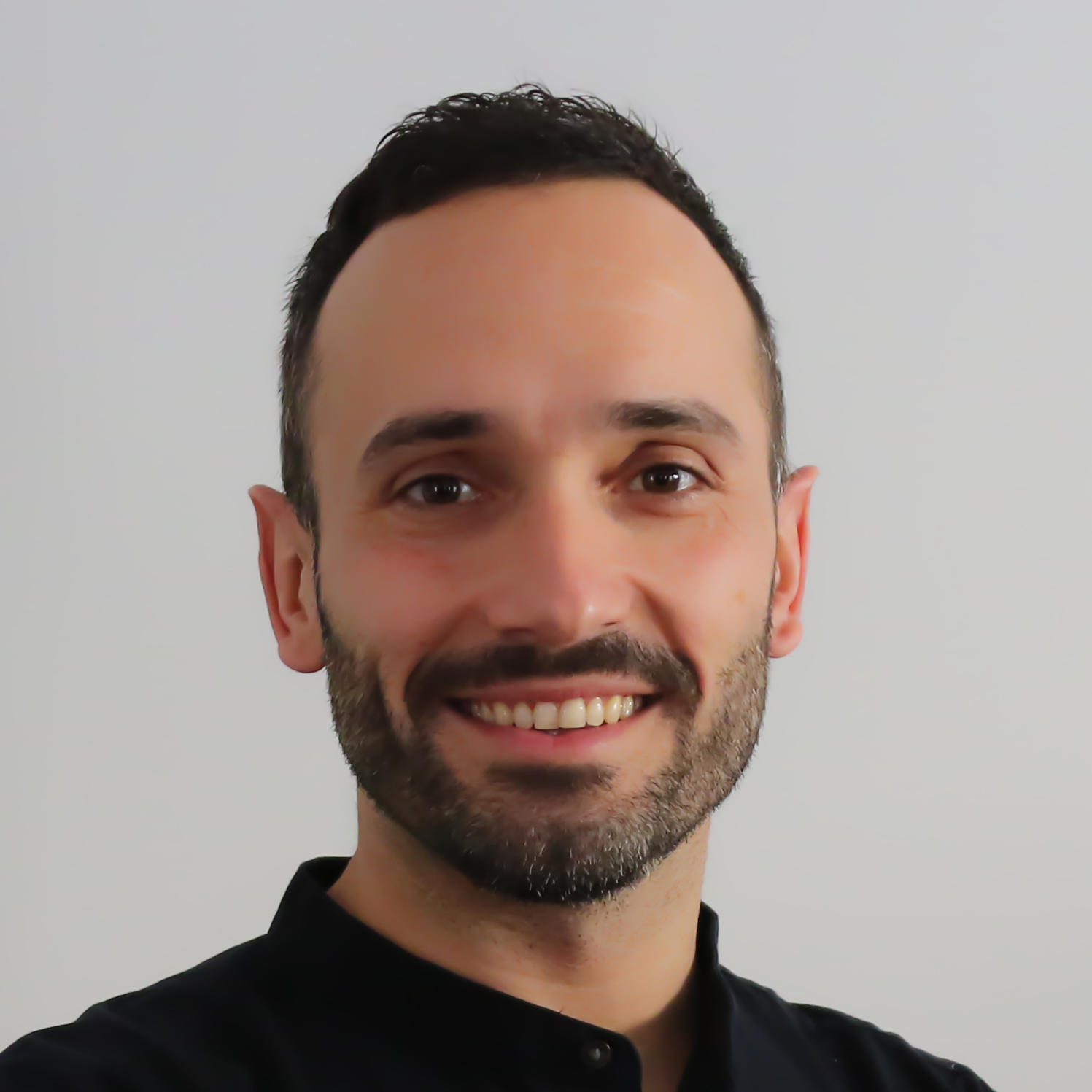About
Dr. Francisco Martin-Martinez is Senior Lecturer in Computational Chemistry, and Research Affiliate at the Massachusetts Institute of Technology (MIT). In 2022, he was selected as Google Research Innovator, because of his work on computational chemistry, and he is working with Google Cloud on chemical reactivity predictions.
At Swansea University, he leads a research group focused on nature-intelligent computational materials, looking at nature for inspiration to incorporate natural principles of circularity and efficiency in materials design to address three pillars of our sustainable development: energy, infrastructure, and agriculture. His research spans Density Functional Theory (DFT), Molecular Dynamics (MD) simulations, and Machine Learning (ML). He is involved in projects on organic photovoltacis, self-healing asphalt, biobased electrodes for energy storage, or fit-for-purpose biochars for soil remediation, among others.
He collaborates with international research groups, and he has develop strong research programs with industry partners.
Dr. Francisco Martin-Martinez also advocates for social justice and socially-directed science and technology, collaborating with Station1, an educational non-profit that fosters social-driven innovation.
Outside academia, he is member of the advisory board of 2050 materials, a data-driven materials design platform, and Science Policity collaborator for the Society of Spanish Researchers in the UK (SRUK). He has also served as President and Vice-president of the Association of Spanish Scientist in the USA (ECUSA).
More information: link to research group


